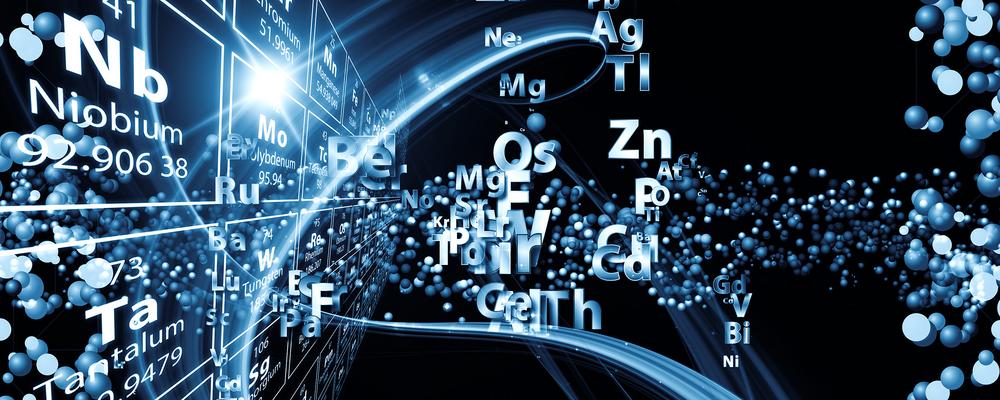
Courses and track within the Master's programme in Chemistry
Within the Master's programme in Chemistry, you can select your own courses and create a unique chemistry programme. You can also study the predefined track in neurobiochemistry, which is an interdisciplinary education between chemistry, molecular biology and medicine.
Create your own unique chemistry programme
You can choose from the following chemistry courses:
Courses in atmospheric science and environmental chemistry
- Aerosols (KEM720), 15 credits
- Atmospheric Chemistry (KEM170), 15 credits
- Environmental Chemistry (course on Bachelor's level) (KEM490), 15 credits
Courses in biochemistry
- Biochemistry (course on Bachelor's level) (KEM060), 15 credits
- Structure and Dynamics of Biomolecules (KEM360), 15 credits
- Design and production of Biomolecules (KEM350), 15 credits
Courses in organic chemistry and medicinal chemistry
- Advanced Medicinal Chemistry (KEM760), 15 credits
- Advanced Organic Chemistry (KEM815), 15 credits
- Advanced Organic Synthesis (KEM750), 15 credits
- Introduction to molecular modelling (KEM552), 5 credits
- Organic and Medicinal Chemistry (KEM825), 10 credits
If you want to specialize in organic and medicinal chemistry, we recommend you to study the Master's programme in Organic and Medicinal Chemistry.
Read more about the Master's programme in Organic and Medicinal Chemistry.
Other courses in chemistry
- Analytical Chemistry: Introductory course (course on Bachelor's level)(KEM070), 15 credits
- Bioanalytical chemistry - from single molecules to tissues (KEM082), 15 credits
- Project courses in Chemistry
- Colloid and Surface Chemistry (KEM131), 15 credits
- Dermatochemistry (KEA270), 7.5 credits
- Applied Quantum Chemistry (KEM321), 10 credits
- Applied quantum chemistry for master and PhD students (KED321), 15 credits
- NMR Spectroscopy for Students of Pharmacy (KEM840), 7.5 credits
Neurobiochemistry
Neurobiochemistry is an interdisciplinary education between chemistry, molecular biology and medicine. Among other things, you study at the atomic level what effects medicines have on neuroreceptors and what neurological consequences the changes in the neuroreceptors (through medical influence or congenital mutations) can have.
In this track, you will study the following courses:
- Bioanalytical chemistry - from single molecules to tissues (KEM082), 15 higher education credits
- Structure and Dynamics of Biomolecules (KEM360), 15 higher education credits
- Design and Production of Biomolecules (KEM350), 15 higher education credits
- Neurobiology (BIO501), 15 higher education credits
At the University of Gothenburg, you can tailor your education to your own interests and ambitions. You can choose to deepen your knowledge in your field or to broaden your knowledge by adding other natural science subjects to your study curriculum. You can, for instance, combine your chemistry studies with molecular biology and neuroscience, allowing you to create a unique profile within Life Science.
You can also choose to study any other subject taught at the University of Gothenburg, such as economics, leadership or a new language. This allows you to create a unique interdisciplinary degree, and thus a unique profile on the job market.
Contact the study counsellor for more information.

